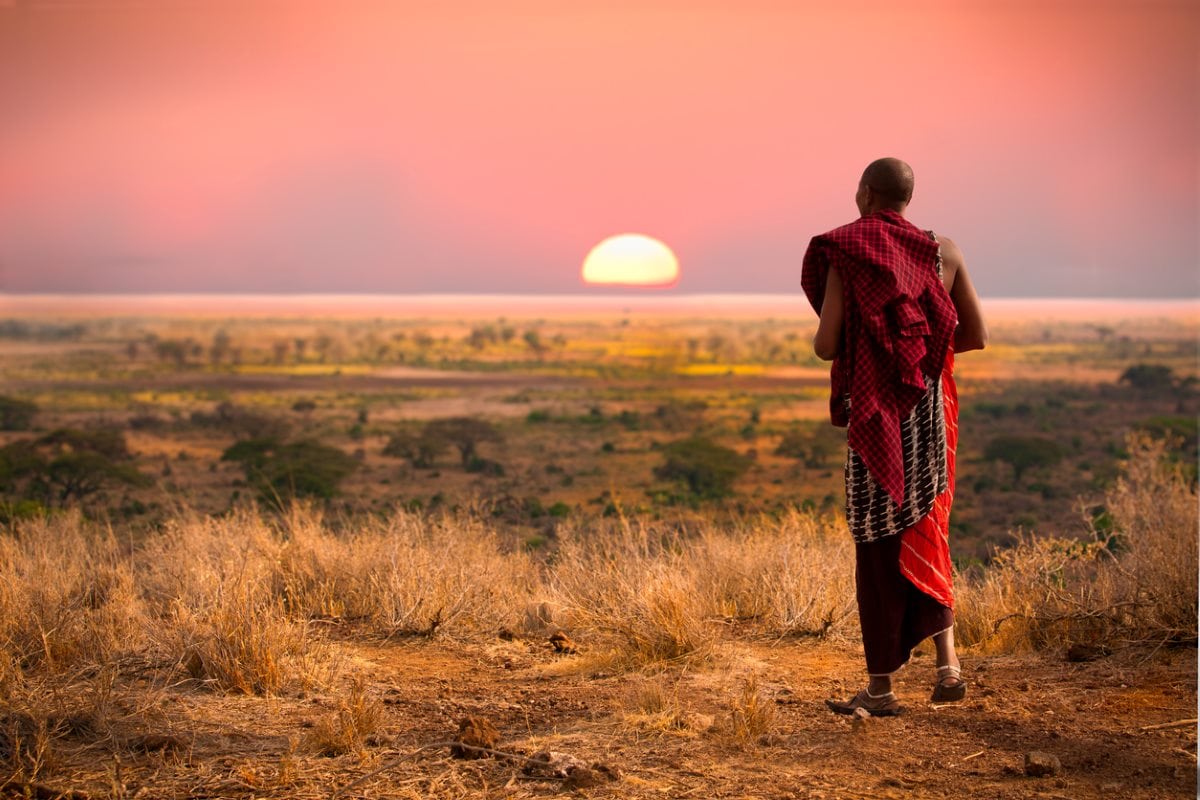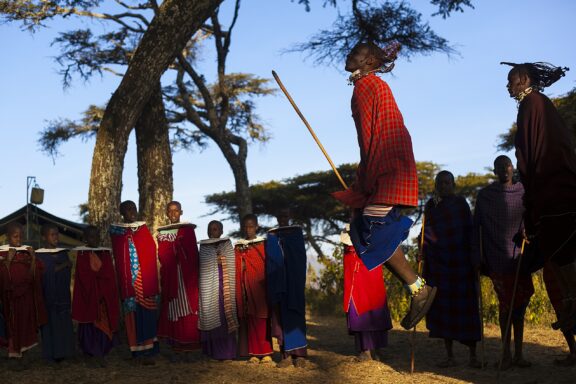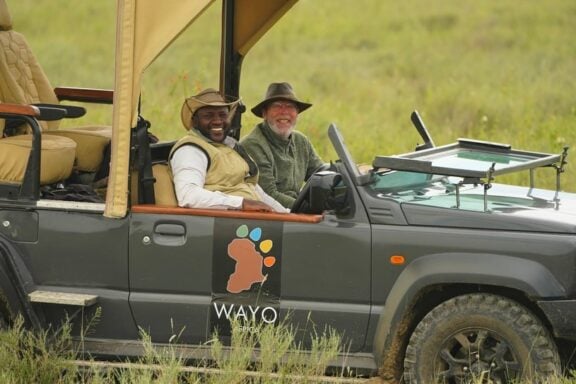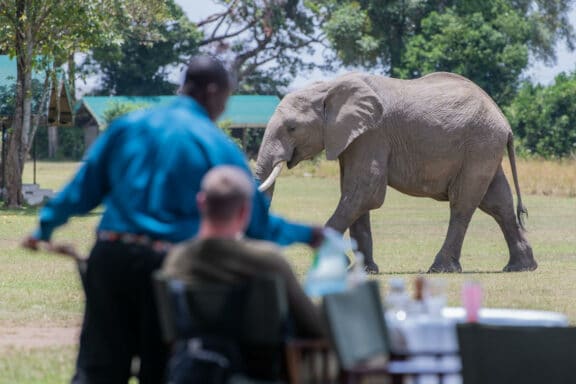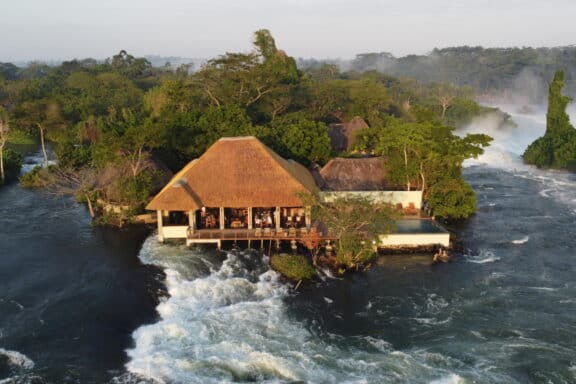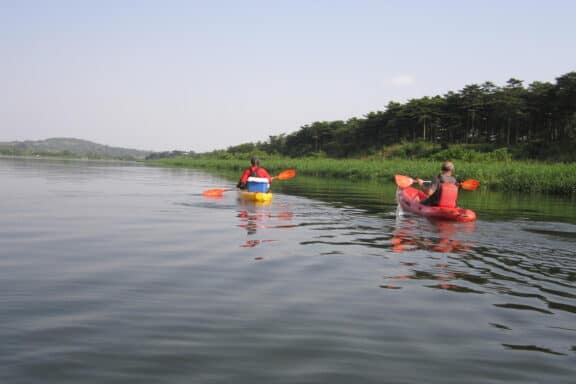A safari in East Africa – whether you venture to the Serengeti on the heels of the Great Migration or trek through the rainforests of Uganda – will introduce you to a whole different culture with a fascinating history and language.
Having basic knowledge of the languages in East Africa when you visit on your safari can add an extra layer of depth to your experience and connect you with the people of the region.
Swahili in East Africa

Across the entire East African safari circuit, Swahili, also known as Kiswahili, stands as the most important indigenous language. It’s a powerful unifying force, historically facilitating trade and interaction, and actively promoted today for regional integration and social cohesion.
Swahili’s roots trace back to Bantu languages, enriched over the centuries by Arabic and Persian influences due to coastal trade. While its official status varies by country, its presence is consistently strong.
- Tanzania: Swahili is one of the official languages, spoken by approximately 90% of the population.
- Kenya: Kiswahili holds the status of national language and is an official language alongside English, with both taught nationwide.
- Rwanda: Swahili became an official language in 2017, a strategic move to align the nation more closely with the East African Community.
- Uganda: Swahili is an official language, though its daily use can be less widespread than English and Luganda.
For travellers planning an East African safari, picking up even a few basic Swahili phrases can enhance interactions across all the destinations you visit. Greeting locals with “habari” (hello) and “habari gani?” (how are you?) is a fantastic place to start.
“Ndio” (yes) and “hapana” (no) and using “tafadhali” (please) and “asante” (thank you) are phrases to keep on hand.
English in East Africa
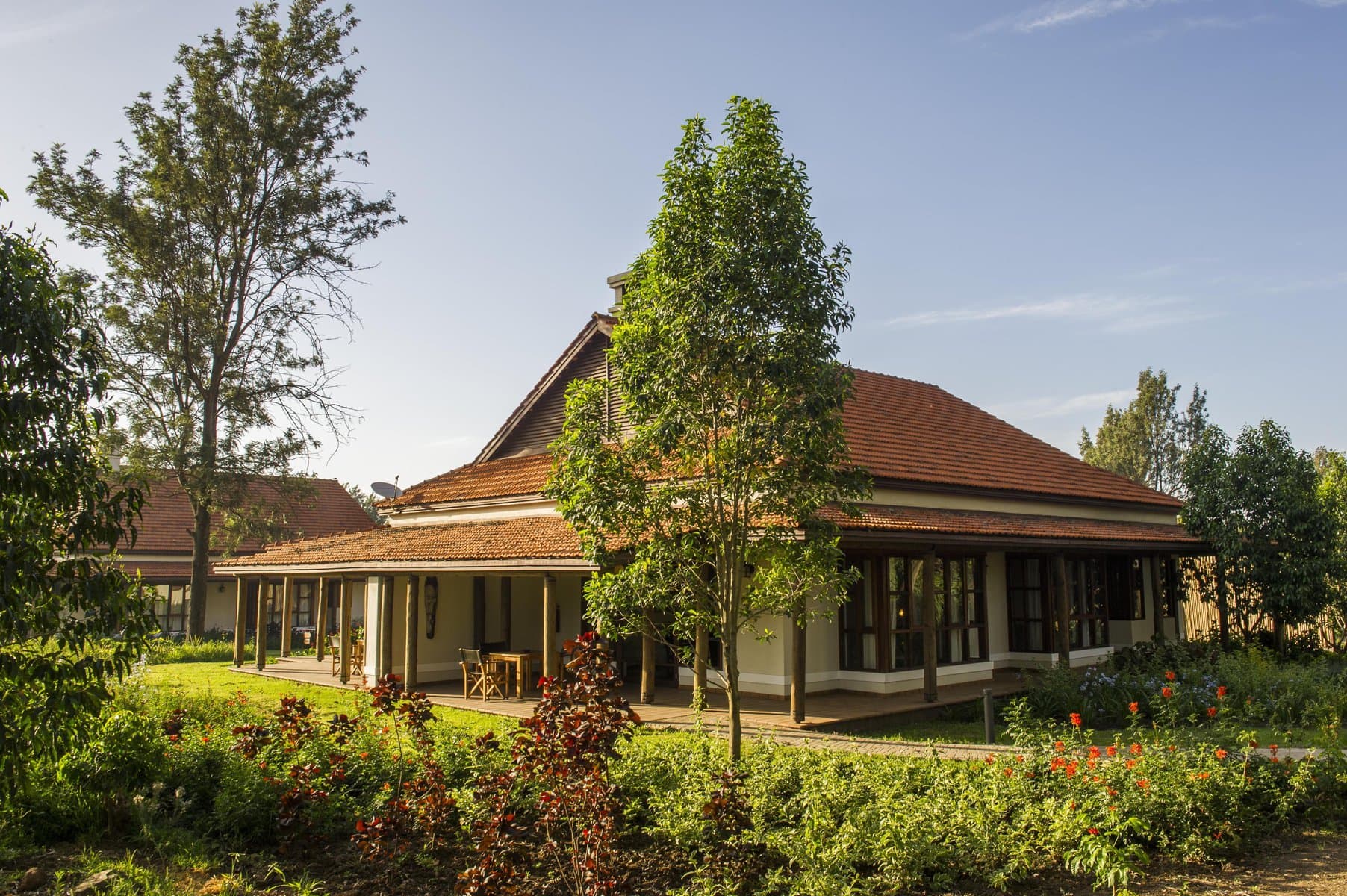
English serves as a crucial communication bridge for international travellers across Tanzania, Kenya, Rwanda, and Uganda. Its official status in all four nations, coupled with its high prevalence, particularly within the tourism sector, means that English speakers can confidently rely on it for all practical aspects during their safari. From navigating logistics to engaging with your expert guides and lodge staff, English ensures a smooth and easy experience throughout your adventure.
Indigenous Languages in East Africa
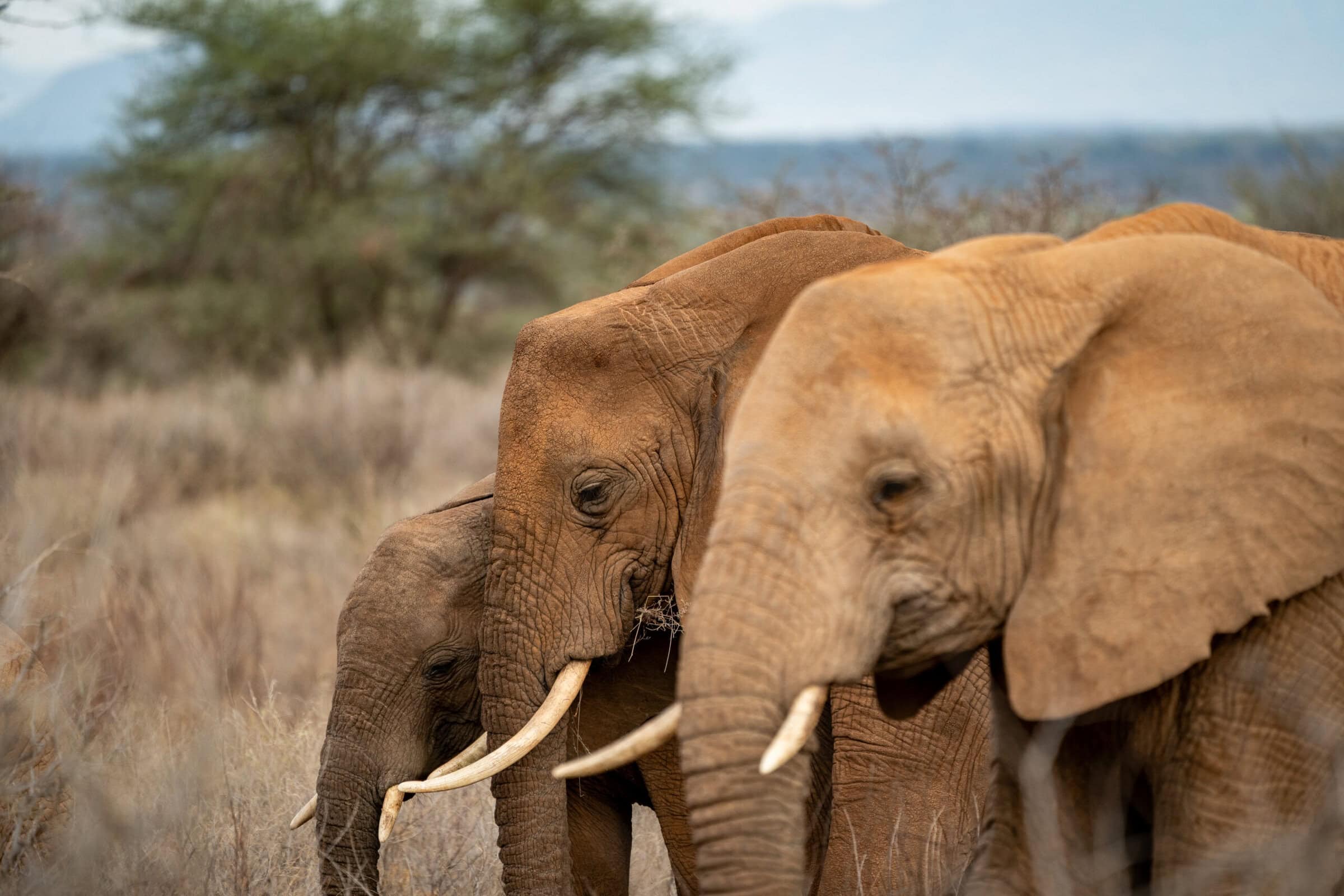
Beyond Swahili and English, each East African nation boasts its own unique indigenous languages. You may come across Tanzanians speaking Sukuma, or, while exploring Nairobi, you may hear Sheng, a dynamic blend of Swahili, English, and other languages.
Kinyarwanda is Rwanda’s national language and one of its official languages, spoken by over 90% of the population. Meanwhile, in Uganda, Luganda is the most widely spoken indigenous language.
While English provides essential convenience for the practicalities of a safari in East Africa, a willingness to engage with Swahili and acknowledge the broader linguistic tapestry can significantly enrich your holiday.
Even small efforts to speak a few phrases in East African languages foster goodwill and show respect and can further immerse you in the culture of the land.






